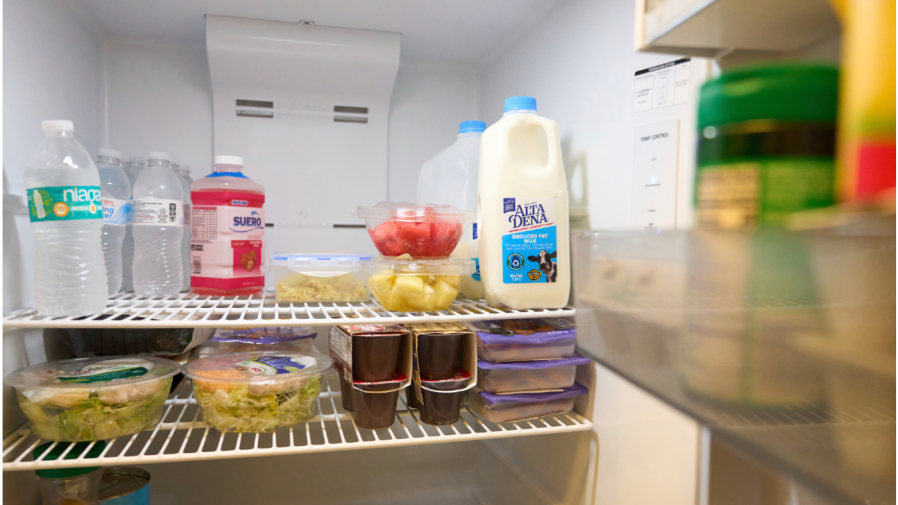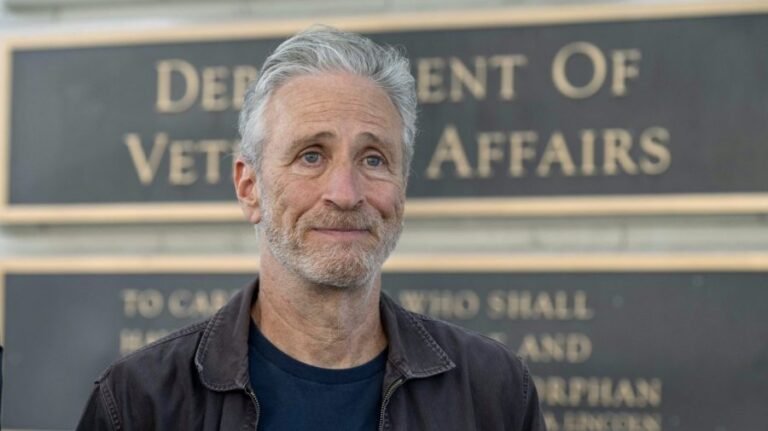
President Trump has made reducing crime a key priority, so it’s no surprise the administration has continued to pay “essential” law enforcement officers during the government shutdown.
But there’s something else that’s essential to millions of Americans: federal food aid. And when people can’t feed themselves or their loved ones, the risk that they will turn to financially motivated crimes goes up. That’s bad for families, and it’s also bad for public safety.
The backdrop here is the ongoing threat to SNAP. Over 42 million Americans rely on SNAP to put food on the table each month.
And while a deal to reopen the government is in the works and courts have ordered the administration to continue aid payments, they are nonetheless being delayed and cut in half for many recipients.
What comes next is anyone’s guess, but research suggests that SNAP plays an important role in community safety and should be maintained.
This is not about stigmatizing low-income people, nor making excuses for crime. It is about acknowledging what the evidence shows — namely, a strong correlation, especially in urban areas, between poverty and property crime.
One study finds that, during the end of the month, when benefits have run low, property crime rates rise by more than 14 percent. It stands to reason then, that if the monthly payment is halved, late or never comes, the impacts could be even worse.
Another detailed study of 36 states found that staggered monthly SNAP distributions over 15 or more days was associated with a measurable drop in robbery incidents.
In ordering the Trump administration to use contingency funds for SNAP payments, U.S. District Judge John J. McConnell Jr. found that “irreparable harm will begin to occur, if it hasn’t already,” when payments stop.
For policymakers, criminal justice reformers and poverty fighters, several implications are clear.
First, Congress should act so SNAP and military pay are funded during future shutdowns, just as Temporary Assistance to Needy Families and most veterans benefits rightfully continue being paid during this shutdown, as in prior ones. These funding streams all share something in common: Their beneficiaries face irreparable harm that cannot always be remedied later.
Second, the public safety implications of SNAP and other programs on the shutdown chopping block must be considered — including Head Start programs, which not only provide educational enrichment, but also vital food assistance to children. These are more than social supports; early childhood education programs have been shown to reduce juvenile delinquency. If the shutdown does not come to its expected end this week, this could become a problem.
A Texas A&M study highlighted this impact, finding that the introduction of food stamps in North Carolina led to a significant reduction in crime, especially violent felonies. When children are fed and are engaged academically, they are kept off the streets are less likely to become delinquent.
Third, the design of how benefits are distributed matters. Evidence shows that more frequent, staggered benefit disbursements reduce financially motivated crime.
Economist and crime expert Jennifer Doleac noted that when Chicago improved the timing of its SNAP distributions, a study found that grocery store thefts dropped by a third. Lawmakers should adopt design cues from this research to make food aid schedules more crime resilient, particularly during fiscal disruptions.
In short, SNAP funding is about more than grocery budgets; it helps preserve our social fabric. When SNAP cards don’t reload on schedule, when children miss weekend meals, when parents resort to survival strategies, police, courts and corrections feel the pressure.
As convincing as the research is on poverty and property crime, there are two important caveats, which taken together remind us that such programs must be part of a broader strategy to fight both poverty and crime.
First, strong families and a strong economy that generates good jobs, along with churches and charities, are the first line of defense against poverty. And we rightly have a social safety net, not a hammock. Indeed, SNAP amounts to just $6.17 per day, which means that there remains plenty of incentive to work. For this same reason, it is also true that poverty persists for many recipients, even as some of their hunger is ameliorated.
Second, despite the clear connection between desperate poverty and property crime, the impact of economic strain on violent crime, most of which is driven by interpersonal conflicts, is less clear. A recent study of neighborhoods in Houston found a strong correlation between poverty rates and violent crime, but there are low-income communities with both high and low violent crime rates, reminding us that other factors may more robustly explain differences in violence levels.
Neither food aid nor any other government program is a panacea for all social ills. Yet we cannot escape the reality that hunger not only inflicts pain on adults and children but also imperils public safety and order.
Politicians in D.C. must snap out of the gridlock and end the shutdown. And in the future, SNAP should not be allowed to become a casualty of anyone’s political food fight.
Marc A. Levin, Esq. and Khalil Cumberbatch co-lead the Centering Justice Initiative at the Council on Criminal Justice, where Levin is chief policy counsel and Cumberbatch is director of engagement and partnerships. They can be reached at mlevin@counciloncj.org and khalil@counciloncj.org.


